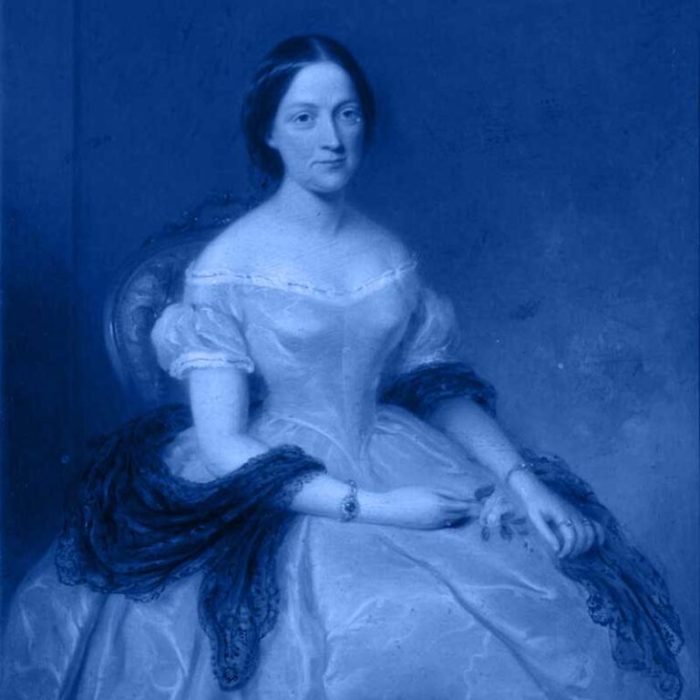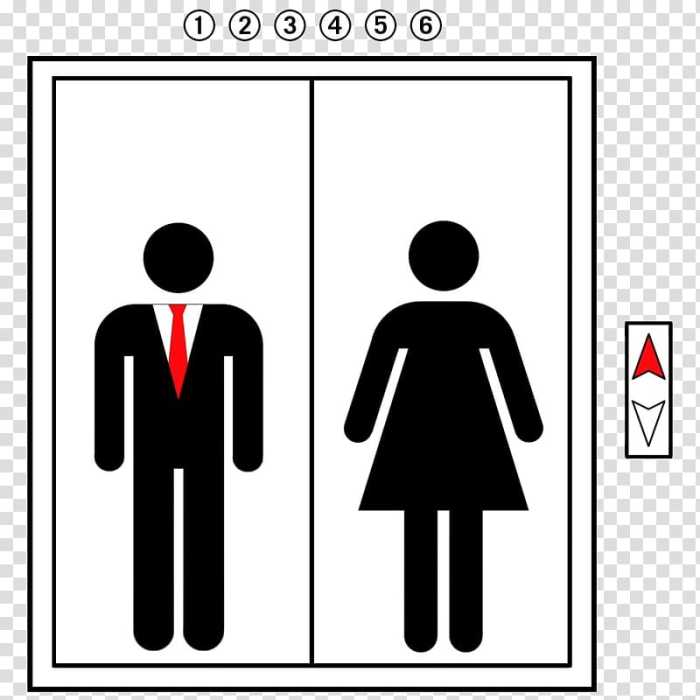Which Evaluation of a Vindication of the Rights of Woman? is an intriguing exploration of Mary Wollstonecraft’s groundbreaking work, examining its historical context, major arguments, reception, impact, and legacy.
This comprehensive analysis delves into the intellectual and social climate that shaped Wollstonecraft’s writing, providing insights into her views on women’s education, autonomy, and social equality.
Vindication of the Rights of Woman: Historical Context

The Vindication of the Rights of Woman emerged amidst the intellectual and social ferment of the late 18th century. The Enlightenment had ignited a wave of critical inquiry and rationalism, challenging traditional authority and promoting individual rights. Mary Wollstonecraft, a pioneering feminist writer, was deeply influenced by this intellectual climate.
The French Revolution, with its emphasis on liberty and equality, further inspired Wollstonecraft’s thinking. She witnessed the transformative potential of political change and believed that women deserved the same rights and opportunities as men.
Major Arguments in the Vindication of the Rights of Woman, Which evaluation of a vindication of the rights of woman
Wollstonecraft’s Vindication of the Rights of Woman articulates a compelling case for women’s education, autonomy, and social equality.
- Education:Wollstonecraft argued that women’s intellectual inferiority was not innate but a result of their limited access to education. She advocated for comprehensive education for girls, encompassing a wide range of subjects, to cultivate their minds and prepare them for active participation in society.
- Autonomy:Wollstonecraft rejected the prevailing view of women as dependent on men. She emphasized the importance of women’s economic and personal independence, arguing that they should have the freedom to pursue their own interests and make their own decisions.
- Social Equality:Wollstonecraft denounced the double standards and societal constraints that limited women’s opportunities. She called for a fundamental restructuring of gender roles and relationships, advocating for a more equitable distribution of power and responsibilities between men and women.
FAQ Insights: Which Evaluation Of A Vindication Of The Rights Of Woman
What is the main argument of A Vindication of the Rights of Woman?
Wollstonecraft argues that women are rational beings who deserve the same rights and opportunities as men, including access to education, economic independence, and political participation.
How was A Vindication of the Rights of Woman received when it was first published?
The book was met with controversy and criticism, particularly from conservative and religious circles who opposed Wollstonecraft’s radical ideas about women’s rights.


